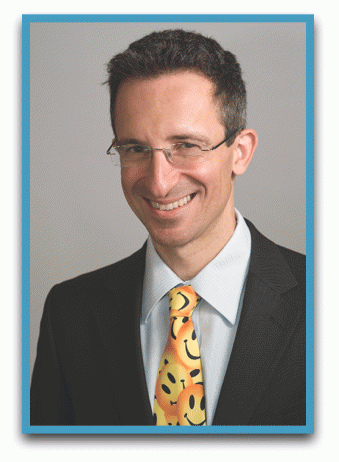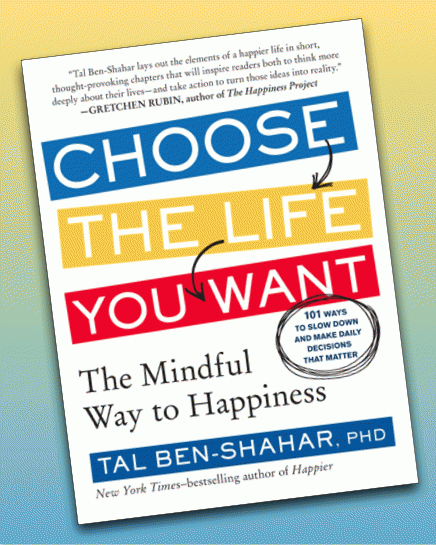My guest today is Tal Ben-Shahar, best-selling author, lecturer and proponent of positive psychology. Welcome to OpEdNews, Tal.
Joan: Many of our readers are not familiar with you or your field, so let's start at the beginning. What is positive psychology and how is it any different than all the self-help books that have flooded the market for years?
Tal: Positive psychology is about the science of happiness. Up until recently, the topic of happiness--of enhancing the quality of our lives--has been dominated by pop-psychology. In many of self-help seminars and books that are currently being offered, there's a lot of fun and charisma, and relatively little substance. They promise five quick steps to happiness, the three secrets of success, and four ways to find your perfect lover. These are usually empty promises, and over the years, people have become cynical about self-help. On the other side we have academia, with writing and research that is substantive, but that does not find its way into most households. As I see it, the role of positive psychology is to bridge between the ivory tower and Main Street, between the rigor of academia and the fun of the self-help movement.
Joan: That sounds good. And we're living at the right time when the science is there to back it up. But, if we want to go back to the beginning, all of this stemmed from you, that is, your own unhappiness despite great success as a pro athlete. Can you tell us about that chapter of your life, please?
Tal: Initially, what got me interested in studying happiness was my own unhappiness. I was doing well as an undergraduate student at Harvard, I was a top athlete, I had a good social life--and I was unhappy. It was then that I realized that the internal matters more to one's levels of wellbeing than the external, and it was then that I got into psychology. After studying positive psychology and benefiting from it, I wanted to share what I learned with others.
Whether you think you have a choice or not - you are right. In other words, the fact that you think that you don't have a choice, actually makes it so. Choose the Life You Want, p. 4
Joan: How does perfectionism fit into the picture? What does it have to do with keeping us from achieving happiness?
Tal: There are two kinds of perfectionism--adaptive and maladaptive. Adaptive perfectionism, which I call Optimalism, is about being responsible, trustworthy, hardworking. Maladaptive perfectionism is about an intense and irrational fear of failure, rigidity, and defensiveness. The challenge, if one is a perfectionist, is to get rid of the unhealthy, maladaptive perfectionism, and keep the healthy, adaptive perfectionism.
The potential for happiness is inside us and all around us; unfortunately, so is the potential for unhappiness. And because the maladaptive perfectionist finds fault with everything (since nothing is perfect), the actual circumstances of her life matter very little, because she will manage to find something wrong, magnify it out of all proportion, and thus ruin any possibility of enjoying what she has or what she does.
The Optimalist, of course, experiences sadness at times, but she takes each difficult experience in stride. She is able to take a "this too shall pass" approach to problems, and, with her focus on the experience of the journey, she spends much of her time in a positive state. Her life is not without its ups and downs. She has moments of deep sadness and frustration too. But her life is not marred by the constant fear of failure or the magnified impact of actual failure.
(Note: You can view every article as one long page if you sign up as an Advocate Member, or higher).







